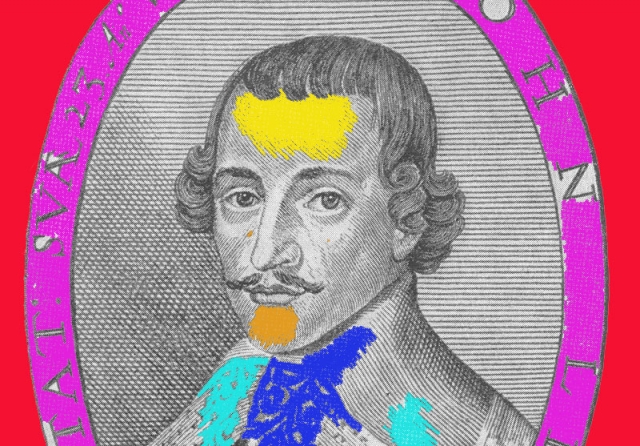Polychronicon 161: John Lilburne
Teaching History feature

‘Freeborn John’? Interpreting John Lilburne
John Lilburne might have been destined for obscurity in less interesting times. He was the second son of a minor gentry family, apprenticed to a London woollen merchant in 1632. It was his master’s connections that drew him into religious opposition to Charles I and the illegal book trade, resulting in his first arrest in 1637. Over the next 20 years he was accused of treason four times, tried for his life three times, suffering brutal physical punishment, harsh prison conditions and lonely exile. He also saw active military service in the civil war, rising to the rank of Lieutenant Colonel. His life was twice saved by juries – in 1649 and 1653, but he died in his early forties, having spent most of his adult life in prison or exile.
In the course of all this he won the right to remain silent (he has been cited in the US supreme court on this point), convinced many people that juries were an important restraint on judges and unjust laws and contributed significantly to the living tradition of Magna Carta. He also campaigned for a peace settlement based on an Agreement of the People, which would have based the power of the state on the will of the people: it was campaigning for that which earned him his treason charge in 1649...
This resource is FREE for Secondary HA Members.
Non HA Members can get instant access for £2.49

